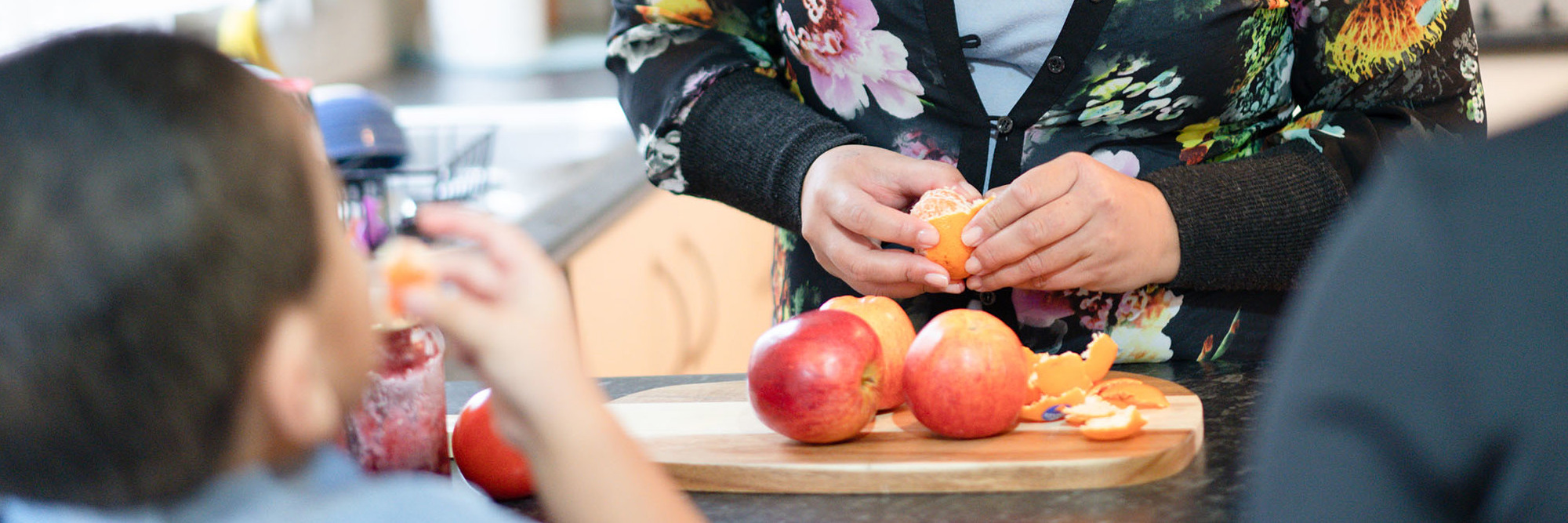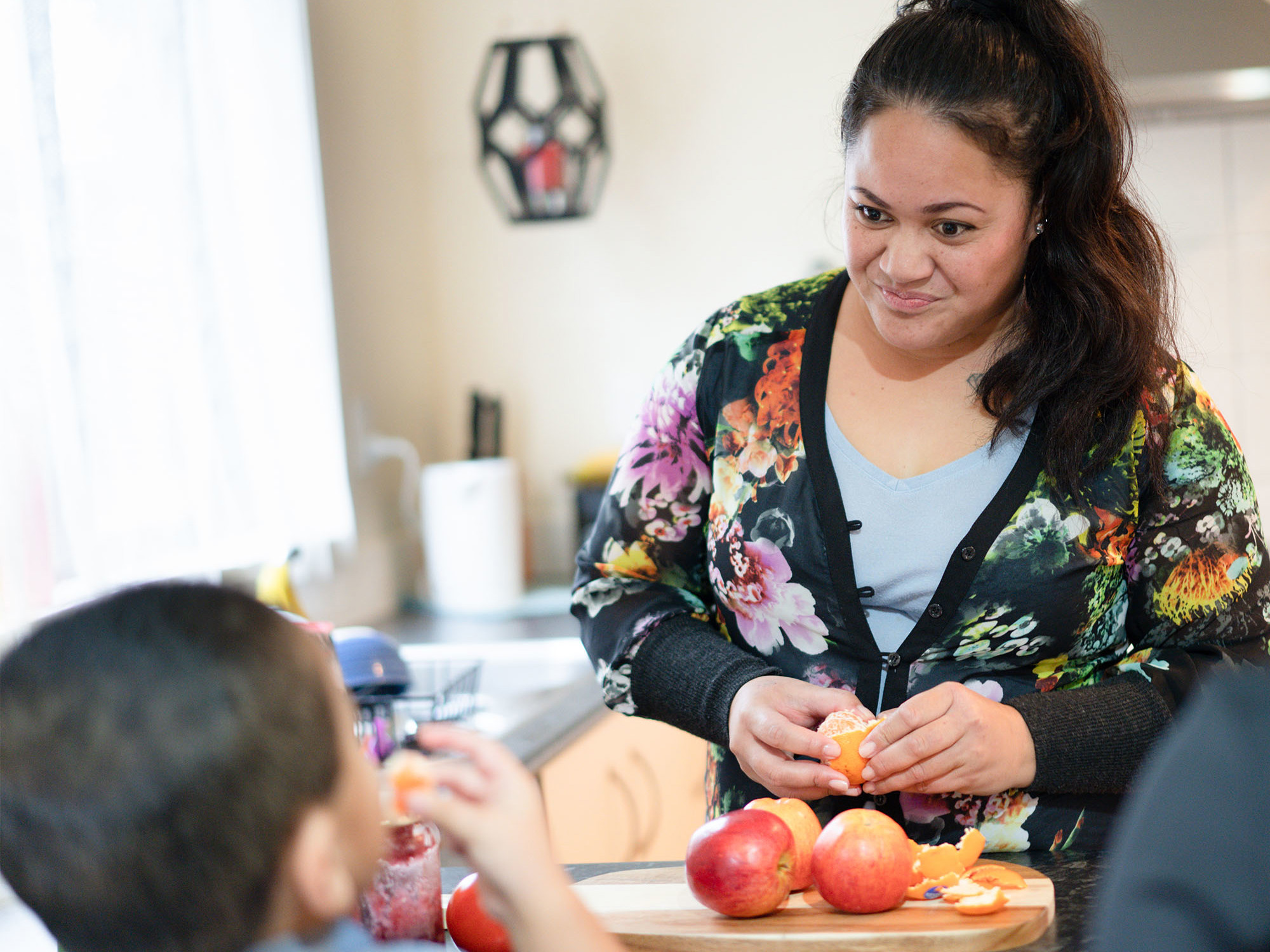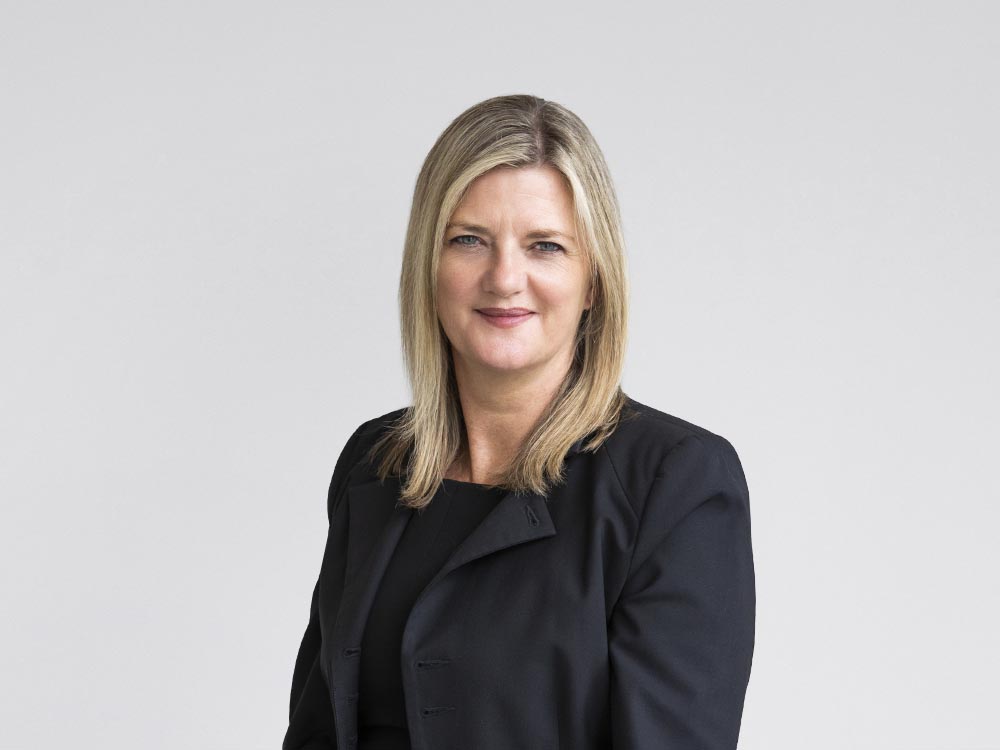For generations, the Kiwi dream has been owning your own home with a backyard big enough to raise a family. This dream is becoming challenging for many to achieve with Aotearoa New Zealand now having the least affordable housing in the developed world.
This high cost of housing affects a family’s quality of life, health, and wealth over the longer term. However, the Housing Foundation, a charitable trust that delivers affordable housing options for working households who are finding it difficult to buy a home, is helping Kiwis live the dream.
As a charitable trust, Housing Foundation partners with iwi and other organisations, and is supported by leading philanthropic organisations, including The Tindall Foundation, to achieve its affordable housing ambitions.
We were established in the early 2000’s because The Tindall Foundation was being approached by households saying that houses were unaffordable – this was shortly after the gap between median incomes and house prices began to separate. We exist to make home ownership affordable and accessible, and to assist whanau to generate wealth through home ownership.
When renting, tenants are putting money into their landlord’s bank, and with high rental costs it can be hard to save for the future. Housing is a tool that can generate long term wealth, while providing greater security and stability for people. There is clear evidence that children of parents who own their home are far better able to be homeowners in the future, with research showing they generally have fewer health issues and higher educational outcomes.
In recent years, many of the people who have come to us lack the means to buy, but are focused on doing so. Other families have given up the goal of ownership, as their income doesn’t always get used in a way that makes them attractive to banks. This usually translates to carrying debt from second or third-tier lenders, or if they are on lower incomes, having no savings. They may also have a record of credit default or warning letters from lenders to deal with too.
A sustainable approach to boost home ownership
We offer two products that are widely used in other countries: shared ownership and rent-to-own, which have been around for a long time. Our products work on the basis of what a household can afford to spend on their housing costs, rental or mortgage payments as a proportion of their gross income. We apply a commonly used ratio of 30%, meaning households should not pay more than 30% of their gross household income on their housing costs. Our affordable housing is predicated on what someone can actually afford to pay.
Our household team focus on building trust with our households so we can have open conversations with them about their debts, savings and expenditures. Through these conversations and with our assistance, the household develops a financial plan that guides them into either a rent-to-own or shared homeownership programme. These conversations and the development of a financial plan help us understand if the household is better placed in our rent-to-own or shared ownership programmes.
We work with households allocated to our 5-year rent-to-own scheme so over their 5-year rental term, they can pay down debt, clear their poor credit rating and save for their deposit. We will also require households to belong to KiwiSaver, and reap the benefits that come with this great scheme.
This approach means that at the end of their 5-year term, the household is mortgage-ready and can transition into our shared ownership programme.
At the end of their 5-year term, the household is mortgage-ready and can transition into our shared ownership programme.
Households allocated to our shared ownership programme typically have a small amount of savings (usually sufficient for a 5% deposit), little or no debt and a good credit record. We’ll also help them develop a financial plan to guide their financial decisions in their early years of being a homeowner.
Financial plans are important for our households and our household team. It helps both parties to measure how well our households are progressing towards achieving their financial targets, with the end goal of owning their home outright.
The need for our services has grown hugely over recent years, and we are seeing an increasingly large number of people being left behind. Looking ahead, we expect this trend to grow. Our research shows that roughly 200,000 households that would have been able to buy their first home 10 years ago, cannot afford to buy now.
How do you ensure ‘affordability’?
The question for us is ‘how do you help someone purchase a home at a price they can afford?’ Housing foundation measures affordability based on what a household can afford to pay from their gross (before tax) income.
If a property costs $750,000 to buy, we cover the difference between what the household can afford and what the house is worth. The household usually contributes at least 60% to a purchase (it is usually over 60%). So, say the household (with the support of a participating lender) pays $450,000 of the $750,000 asking price, Housing Foundation would purchase the balance. Housing Foundation would retain ownership of the remaining share of the property and both the household and Housing Foundation would be recorded on the property title as owners until the household can buy us out. Most households can do this within 7–10 years.
When we develop and build a home ourselves, we fund the initial land and construction costs. It may cost us $650,000 to build a house, with the house then being valued at $725,000. Say the household again contributes $450,000 (with the support of a participating lender) to acquire its share, this means that the Housing Foundation only needs to fund the $200,000 balance between the development costs and the household’s contribution.
The question is, where do we find the $200,000 to cover the unfunded cost of developing and building the house? Currently, the Government’s Progressive Home Ownership (PHO) scheme funds the $200,000 gap with a 15-year (equity) loan to Housing Foundation. Under the terms of the loan, Housing Foundation is required to repay the loan at the end of the 15-year term. There is no interest charged on the loan, on the condition Housing Foundation repays the equity loan in full at the end of the fifteenth year.
Whilst the PHO fund is a big investment by Government in affordable homeownership, it still falls far short of the investment needed to make a significant difference in helping people to home ownership.
Positive impacts on social outcomes
We know through independent research that our programmes have a major impact on the well-being of households, helping families to put down roots in their community. No one in our programmes needs to draw on the accommodation supplement as the cost of housing is directly linked to their income. We believe our programmes create a net reduction over time in Government spend on housing costs.
Research tells us homeowners feel they have stability and control over their home, with significant improvements in their well-being and mental health. It provides children with schooling certainty and stability, leading to improved education outcomes. Homeownership is found to be beneficial for wealth creation, it supplements superannuation, helps with care costs and importantly, as our households frequently tell us, it creates a legacy for their children which will benefit them.
The big question is ‘how can we attract the investment funding needed to grow these affordable homeownership programmes and halt the fall in homeownership rates’? Ideally, shared ownership should become a mainstream lending product. People should be able to go into the bank and be connected with a shared ownership provider like the Housing Foundation as part of the home buyer process. If Aotearoa New Zealand had a programme like that, in 50 years’ we would be living in a very different country.
To learn more about the Housing Foundation, please visit: www.nzhf.org



